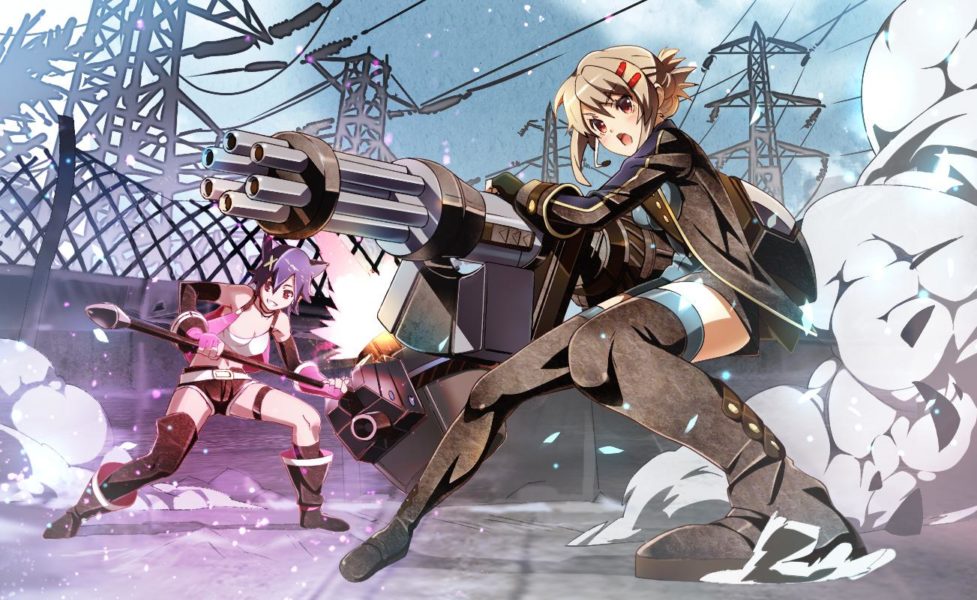


See also Our Gods Are Greater for a more general trope, and Humans Are Cthulhu, for when Puny Earthlings are this. Smarter Flat Earth Atheists will turn into Nay Theists instead.Ĭompare Anthropomorphic Personification and Deity of Human Origin. The non-trivial difficulty in determining the difference when such beings can only be viewed from a limited human scale is often brushed under the rug). The existence of a Physical God presents a superficial difficulty to a Flat Earth Atheist however, the problem can be overcome by distinguishing a Physical God from whatever Powers That Be might or might not exist in the universe (considering the former to be "merely" ultra-powerful beings not different in principle from anybody else who happens to be Immortal and omnipotent, and applying the label "god" only to the latter. These newly minted gods may choose to take up the mantle with solemnity, cackle madly that " A God Am I!", or steadfastly say " A God I Am Not" from lingering sympathy to their human origins.

Sometimes, a human can become a Physical God, especially if it's possible for said gods to die. In other fiction, characters who may not strictly be gods may get powers like these simply because, in a place where Everyone Is a Super, then the only way you can really mount a truly serious threat to a world with millions of superpowered civilians is to give the baddies even more absurdly powerful abilities. Then again, Superman does shares a setting with actual Physical Gods, most of whom are still even stronger still than he ( Depending on the Writer, of course).

(For rabid fans, subscriptions can total a lot more than 10% of your income!). This depends on how strictly you define worship, of course, since subscribing isn't usually considered the same as tithing. Interestingly, Superman and some of the more powerful Flying Bricks fulfill most of these requirements, except possibly the worship bit.
Avatars, dropping one's HP to Zero may not be enough, because they can reform their physical selves. If enough people still believe in them, they may be brought back to life - although they may have lost their memories or be forced to take a new form. Complete Immortality: They usually don't age, but can be killed - although it's incredibly difficult to do so and usually takes a great deal of effort or some special item to do so. Gods Need Prayer Badly: Their power may be directly proportional to the number of worshipers they have, or to the strength of their followers' belief. Not all gods have attunements, and the level of attunement depends on the writer at the time. If she's hurt or weakened due to some plot reason, fewer people love. If fewer people love, then she's weakened. Aphrodite the Goddess of Love is attuned to love, naturally (although technically the original Greek term and name was better translated more like "lust" or "attraction", "infatuation" at most). Limited Omniscience: They can be aware of what's going on in a general area, but they have to pay attention to it. Power to alter reality at will, generally in limited areas or in ways relating to their attunement-see below. Nigh Invulnerability - They can get physically hit occasionally, but no real physical damage will occur without a Deus Ex Machina or a MacGuffin. Typical god powers and traits can include: The difference between them and non-divine characters is they don't have to be " balanced" in terms of other characters. Gods are often humanoid (easier for actors to portray them) and have a number of powers. Special effects and global story-telling exposure has expanded the concept. Mythology often depicted gods as "human, but bigger." Similar emotions, virtues, vices, etc. They usually start out as a Power That Is but gradually the plot drives them downward. Occasionally shares space with The Great Gazoo. One step below being one of the Powers That Be.








 0 kommentar(er)
0 kommentar(er)
